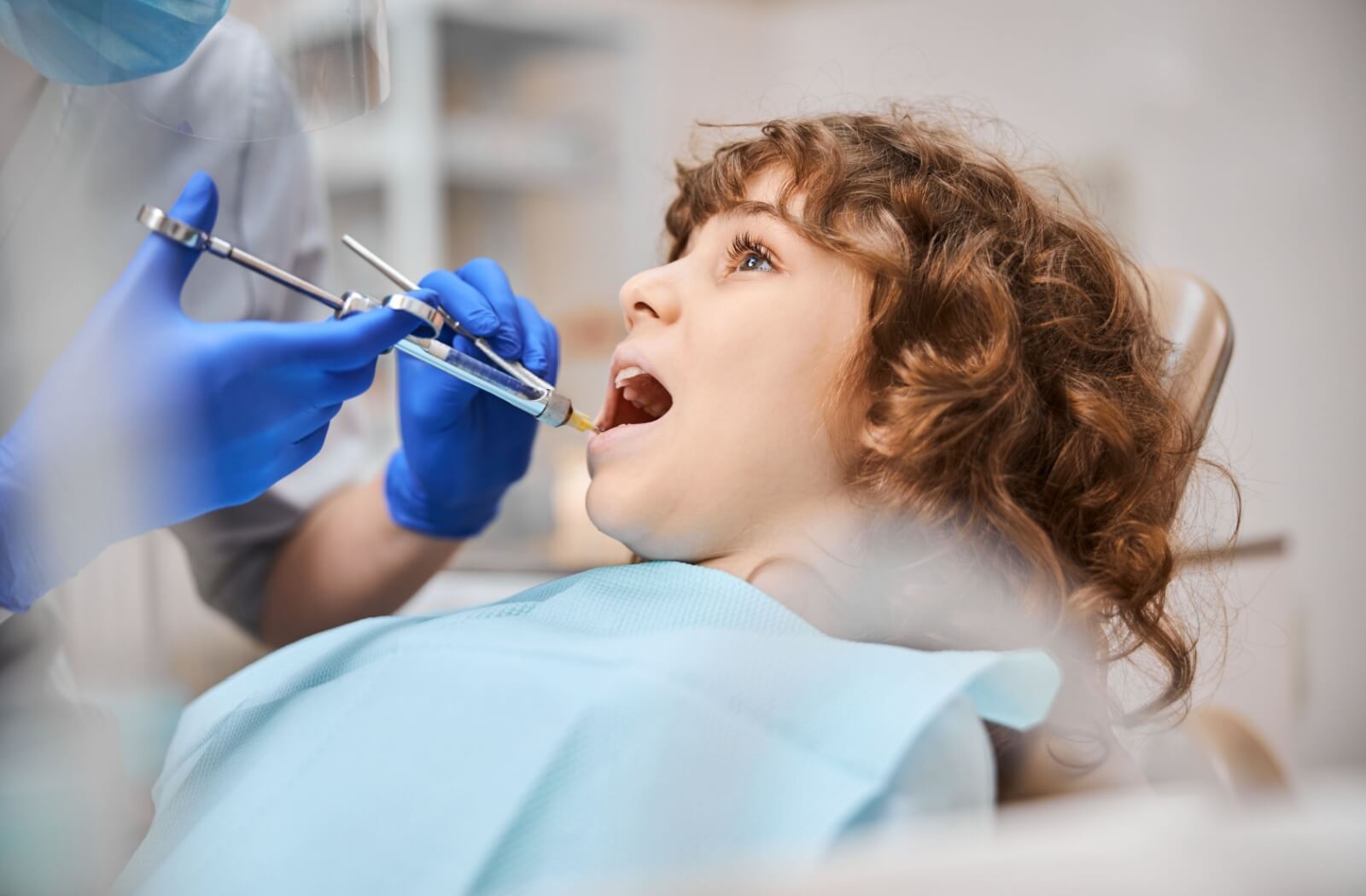
As you gear up for a dental treatment, you might question the ins and outs of numbing. Is numbing essential for all procedures, and will you receive it? And if it does happen, how long does numbness last after the dentist?
Much depends on the specific local anesthetic used during your treatment and the particular treatment. For example, a simple cavity filling may require less numbing than root canal treatment. Typically, the numbness dissipates within a few hours after the dentist. But it may take until the next day for your mouth to revert completely to normal in some cases.
The effects of local dental anesthesia are ultimately a question you can discuss with your dentist before the numbing and procedure. They can provide a personalized answer based on the type of anesthetic they must use for the procedure.
Why Do Dentists Numb Your Mouth?
Dentists strive to ensure your comfort and safety while working in your mouth. Depending on the procedure, keeping you relaxed might be tricky without taking additional steps. That's why they numb the part they’re treating.
Numbing helps to shield you from any discomfort or irritation you might experience during procedures. We usually numb the area for treatments such as:
- Cavity Fillings
- Root canal treatments
- Tooth extractions
- Gum surgeries
- Wisdom tooth removal
- Dental crowns
- Occasionally, during dental cleanings
How Long Do Various Numbing Options Last?
It's worth pointing out that dentists don't always numb the area. We evaluate factors like your health history and the type of operation you need. Then we choose from several options, including:
- Topical anesthetics: Topical anesthetics are usually a gel or liquid and temporarily numb the surface area where they're applied. Your dentist typically uses topical options before giving you an injection to make that procedure more comfortable.
- Fast-acting local anesthetics: These injections are used for short-lived procedures, such as a small filling. They can last 1–3 hours.
- Long-lasting local anesthetics: These injections are used for more time-consuming procedures and technical treatments like crowns or root canals. They can last from 2-5 hours.
- Extra long-lasting local anesthetics: These injections can last up to 8 hours and are used for substantial treatments—like tooth extractions—when pain control is necessary afterward.
Is Dental Numbing Safe?

Local dental numbing—when administered by a qualified dental professional—is rarely associated with complications, but minor risks include increased pulse rate and blood pressure or soreness at the injection site.
People with heart conditions and high blood pressure should discuss this with their dentist. At Cool Dental, we consider several factors to determine the best approach for you. We consider:
- The procedure you need
- Your health history
- Your anxiety about the procedure
- The procedure location in your mouth
- Your weight
- Your age
We carefully calculate the dosage you need and continue monitoring for any signs of discomfort or complications throughout the procedure.
Dental Numbing After-Effects
Even though dental numbing is safe, it will initially feel strange. Your lips, tongue, and cheek might feel bulky or swollen, and you may notice a tingling sensation where the anesthetic is applied. You may also notice an unusual taste in your mouth.
These feelings are entirely normal. They are signs that your body is registering something out of the ordinary. But if you feel unwell or develop a headache, tell your dentist.
Expectations After Dental Numbing
After your treatment, you might experience strange sensations, but these feelings are temporary. They'll lessen as the numbing agent works out of your system.
Once you're home, it may help to:
- Refrain from eating until the numbness has completely worn off to avoid accidentally biting your tongue or cheek. A straw may be safer for drinking—unless you've just had a tooth extraction.
- Stay hydrated to help flush the numbing agent from your system more quickly.
- Avoid hot foods or drinks. They can scorch your mouth, and due to the numbness, you might not detect it until it's too late.
- Being active can help flush the anesthetic from your body more quickly, while resting can prolong its effect.
- Take a tolerable, approved pain reliever for any discomfort in your jaw or at the injection site.
Follow your dentist's post-op instructions, including any follow-up appointments. But contact them right away if you notice anything unusual or the numbness doesn't wear off. They may offer advice on maximizing your recovery speed.
Get Answers to Your Questions Surrounding Dental Numbing
We aim to make all our patients, young and old, comfortable during every procedure. If you have any questions about an upcoming dental procedure with us, please contact us. We can inspect the area and provide our professional opinion on what to expect: whether you need local anesthetic or not, and if you do, how much.
Call our experienced team at Cool Dental today to chat about your next appointment.